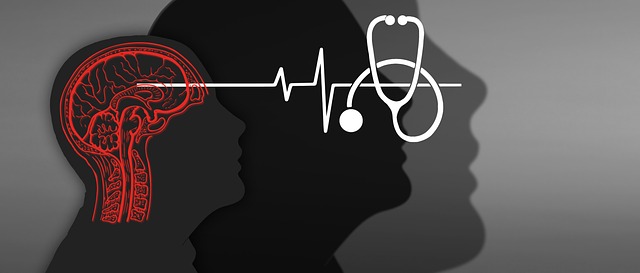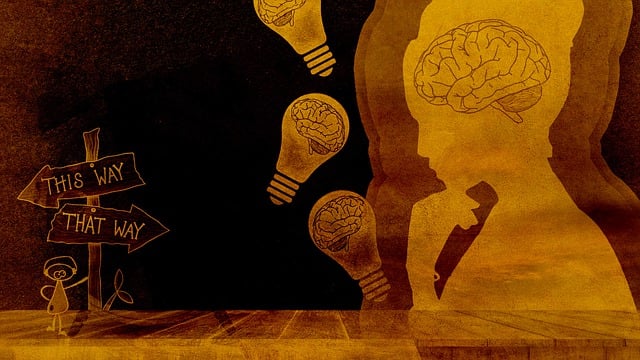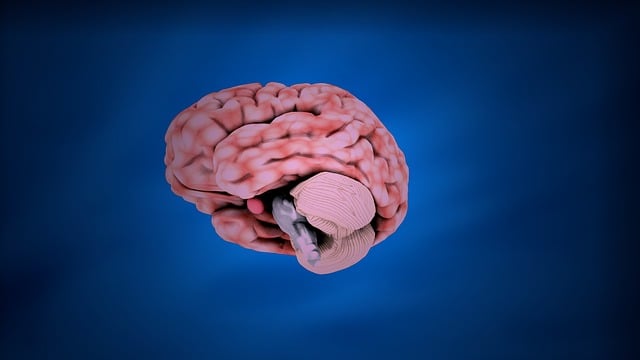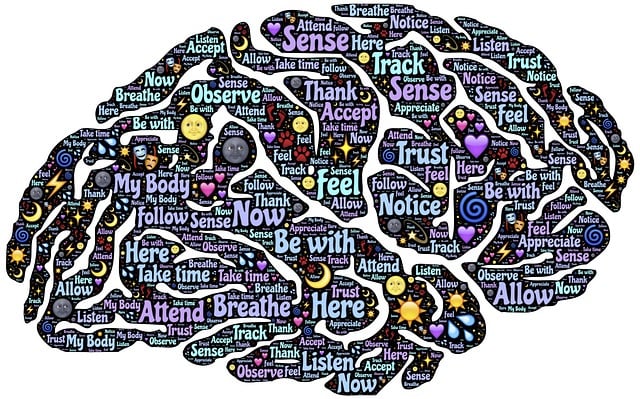Media portrayals of mental health significantly influence public perception, either reducing stigma through accurate, positive depictions or marginalizing individuals through negative stereotypes. Littleton Grief Counseling Therapy takes a proactive approach by offering tailored support, integrating practices like mindfulness meditation, and prioritizing education to empower clients with coping tools. To foster change, a multifaceted strategy is needed, including culturally sensitive mental healthcare, collaborative efforts between media, professionals, and communities, peer support groups, awareness campaigns, and evidence-based anxiety relief practices. Education and empowerment initiatives led by Littleton Grief Counseling Therapy can transform societal attitudes towards mental health, creating an inclusive environment where individuals feel heard and supported.
Mental illness representation in media significantly impacts public perception, often perpetuating harmful stereotypes. This article explores strategies to challenge these narratives, focusing on the work of Littleton Grief Counseling Therapy. We delve into the current state of mental health media portrayal, highlighting its impact on society’s understanding and acceptance. The piece offers solutions, emphasizing collaborative efforts and education as powerful tools for fostering positive change in media representation, thereby reducing the stigma surrounding mental illness.
- Understanding the Impact of Media Portrayal on Mental Health Perception
- The Current State: How Littleton Grief Counseling Therapy Addresses Stigmatization
- Strategies for Positive Change: Solutions and Collaborative Efforts
- Fostering Awareness: Education as a Powerful Tool for Transformation
Understanding the Impact of Media Portrayal on Mental Health Perception

Media portrayal plays a significant role in shaping societal perceptions about mental health. The way mental illnesses are depicted in films, TV shows, and news media can influence public understanding and attitudes, which ultimately impacts how individuals with mental health challenges are treated. Negative or stigmatizing representations can lead to further marginalization and isolation, while positive, accurate portrayals have the potential to reduce stigma, foster empathy, and encourage help-seeking behaviors.
For instance, a well-executed media narrative about someone grappling with depression could prompt viewers to recognize symptoms in themselves or others, encouraging open conversations about mental health. This is where professional interventions like Littleton Grief Counseling Therapy can step in, offering crisis intervention guidance and depression prevention strategies. By presenting realistic, nuanced characters experiencing mental illness, media has the power to promote positive thinking and shift societal norms, ultimately contributing to a more supportive environment for those dealing with mental health issues.
The Current State: How Littleton Grief Counseling Therapy Addresses Stigmatization

Littleton Grief Counseling Therapy takes a proactive approach to combat the stigma surrounding mental illness. In today’s world, where public awareness campaigns are crucial in challenging societal perceptions, the therapy center focuses on providing comprehensive support for individuals grappling with various forms of mental health issues. They recognize that emotional healing processes are complex and unique to each person, so they offer tailored treatments, ensuring every client receives the attention they need.
Through their services, Littleton Grief Counseling Therapy aims to educate and guide people, fostering a more compassionate understanding of mental illness. By integrating practices like mindfulness meditation into their therapeutic sessions, they empower clients with tools to manage their conditions effectively. This holistic approach not only assists individuals in their journey towards recovery but also contributes to the broader goal of enhancing public awareness campaigns development, ultimately leading to a more supportive and less stigmatized society.
Strategies for Positive Change: Solutions and Collaborative Efforts

To bring about positive change in mental illness representation, a multifaceted approach is essential. One effective strategy involves fostering Cultural Sensitivity in Mental Healthcare Practice. By ensuring therapists and healthcare providers are trained to understand and address diverse cultural perspectives, we can create safer, more inclusive environments for all patients. This includes learning about different coping mechanisms, beliefs around mental health, and language nuances to better serve communities that have historically been underserved.
Collaborative efforts between media, mental health professionals, and community organizations play a crucial role in driving change. Encouraging Communication Strategies that promote empathy and understanding can help dispel stereotypes. Initiatives like peer support groups, public awareness campaigns, and training programs for journalists can contribute to a more nuanced and accurate portrayal of mental illness. Moreover, integrating evidence-based practices for Anxiety Relief into both media narratives and therapeutic settings can offer practical solutions while challenging negative portrayals. Through these collective actions, we move towards a more compassionate and supportive societal narrative surrounding mental health.
Fostering Awareness: Education as a Powerful Tool for Transformation

Fostering awareness about mental health is a pivotal step towards challenging harmful stereotypes and providing support to individuals grappling with various illnesses. Education serves as a potent tool in this transformation, enabling communities to understand the nuances and complexities surrounding mental wellness. Through targeted programs and initiatives, Littleton Grief Counseling Therapy can play a crucial role in educating the public, dispel myths, and promote empathy.
Self-esteem improvement and inner strength development are often integral aspects of mental health recovery. Implementing community outreach programs that focus on these areas can empower individuals to confront their struggles head-on. By integrating educational sessions into these initiatives, communities can foster an environment where people feel heard, supported, and encouraged to seek help without stigma. This collective effort paves the way for a more compassionate and inclusive society, where mental illness is met with understanding and care.
In conclusion, mental illness representation in media significantly shapes public perception and understanding of mental health. The current landscape, highlighted by initiatives like Littleton Grief Counseling Therapy, shows promising steps towards destigmatization. By implementing effective strategies for positive change, collaborative efforts, and fostering awareness through education, we can create a more inclusive and supportive society. These collective actions are crucial in transforming the way media portrays mental illness, ultimately leading to improved mental health support and reduced stigma.














